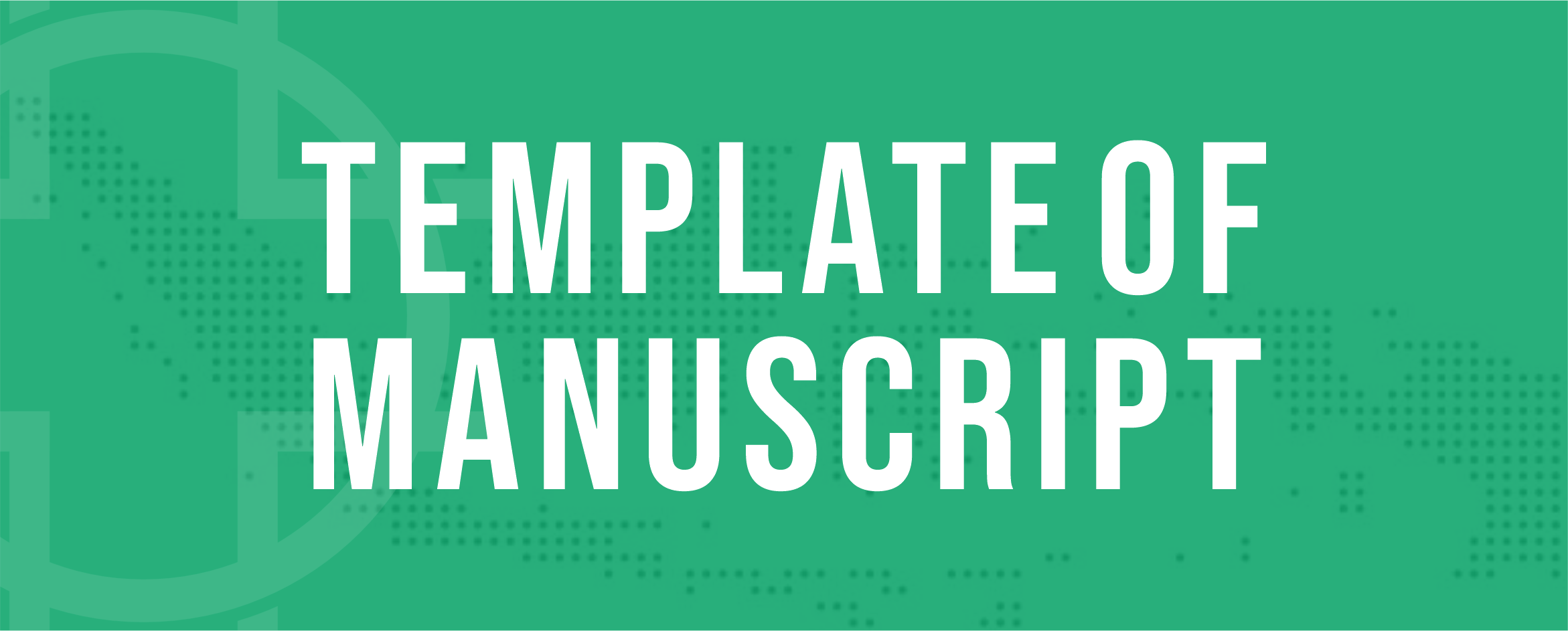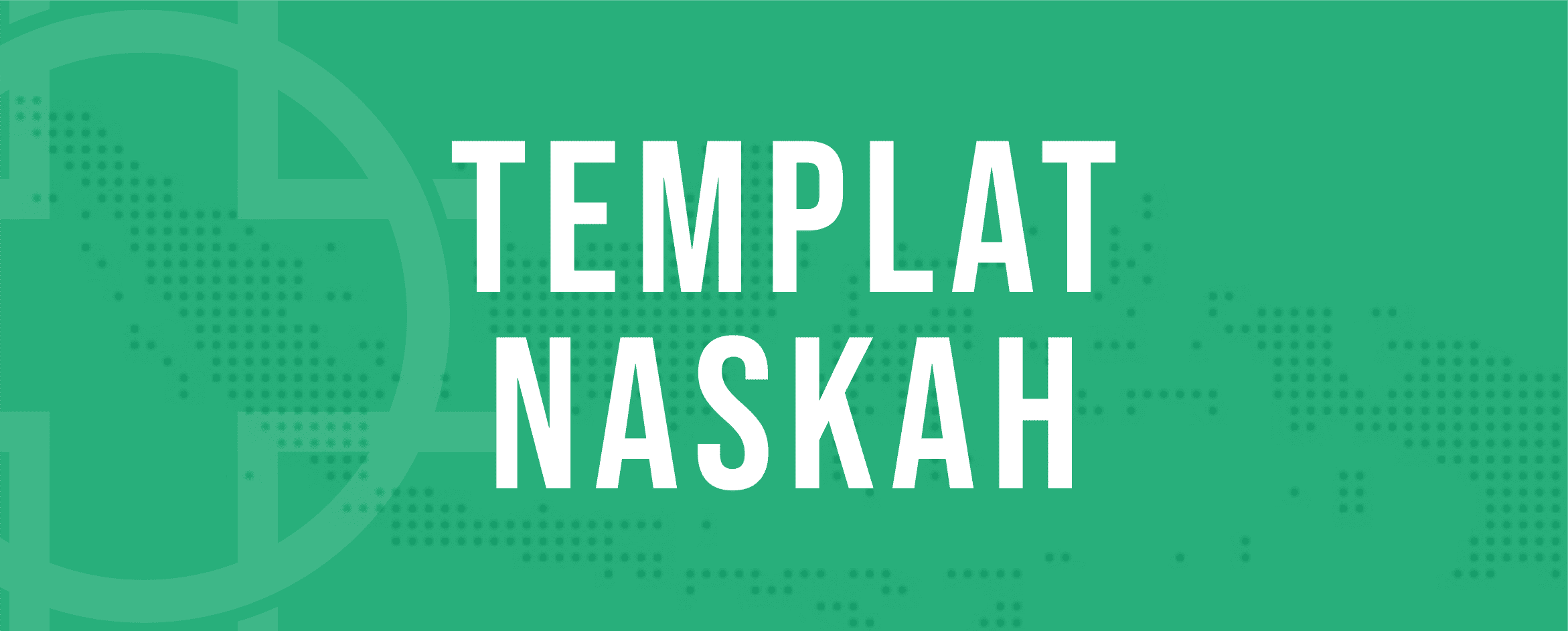Prediksi Mekanisme Kerja Whey Protein Sebagai Suplemen Anti-Diabetes dan Anti-Obesitas Berdasarkan Analisis Diffrentially Genes Expressed (DEG) Inflamasi
DOI:
https://doi.org/10.59141/jsi.v6i02.182Keywords:
Differentially Genes Expressed, Obesity, Type-2 Diabetes, Inflammation, Whey ProteinAbstract
Obesitas sering dikaitkan dengan inflamasi, yang memicu pelepasan mediator inflamasi dan menurunkan produksi adiponektin. Beberapa teori menyebutkan bahwa peradangan kronis akibat obesitas merupakan mekanisme dominan diabetes tipe 2 (T2D). Penelitian ini melakukan analisis Differentially Genes Expressed (DEG) terkait inflamasi menggunakan basis data Gene Expression Omnibus (GEO) untuk melihat perubahan transkripsi (ekspresi gen) pada hati manusia yang berkontribusi pada akumulasi lipid hati dan resistensi insulin terkait T2D. DEG yang dihasilkan kemudian digunakan untuk melihat apakah whey protein (WP) dapat mempengaruhi DEG tersebut. Konsumsi WP dipercaya dapat menurunkan kelebihan berat badan dan kadar gula darah. Hasil analisis DEG menunjukkan terdapat 22 gen terkait inflamasi pada liver yang berbeda ekspresinya antara Lean dengan kelompok pasien obesitas tanpa T2D (Obese_noT2D) dan dengan kelompok pasien obesitas dengan T2D yang tidak terkontrol (Obese_T2D-poorly controlled). Berdasarkan penelitian ini, tidak satu-pun gen-gen tersebut yang dipengaruhi oleh asupan WP. Namun demikian beberapa gen yang diduga berperan dalam inflamasi, obesitas, dan T2D seperti FOXJ1, NLRP1, LGALS2, LIME1, NOTCH3, ARBB2, SIM2, dan TAT berpotensi dipengaruhi oleh asupan WP.
Downloads
Published
How to Cite
Issue
Section
License
Copyright (c) 2024 Siti Nurbaya, Aryo Tedjo

This work is licensed under a Creative Commons Attribution-ShareAlike 4.0 International License.
Authors who publish with this journal agree to the following terms:
- Authors retain copyright and grant the journal right of first publication with the work simultaneously licensed under aCreative Commons Attribution-ShareAlike 4.0 International (CC-BY-SA). that allows others to share the work with an acknowledgement of the work's authorship and initial publication in this journal.
- Authors are able to enter into separate, additional contractual arrangements for the non-exclusive distribution of the journal's published version of the work (e.g., post it to an institutional repository or publish it in a book), with an acknowledgement of its initial publication in this journal.
- Authors are permitted and encouraged to post their work online (e.g., in institutional repositories or on their website) prior to and during the submission process, as it can lead to productive exchanges, as well as earlier and greater citation of published work.





